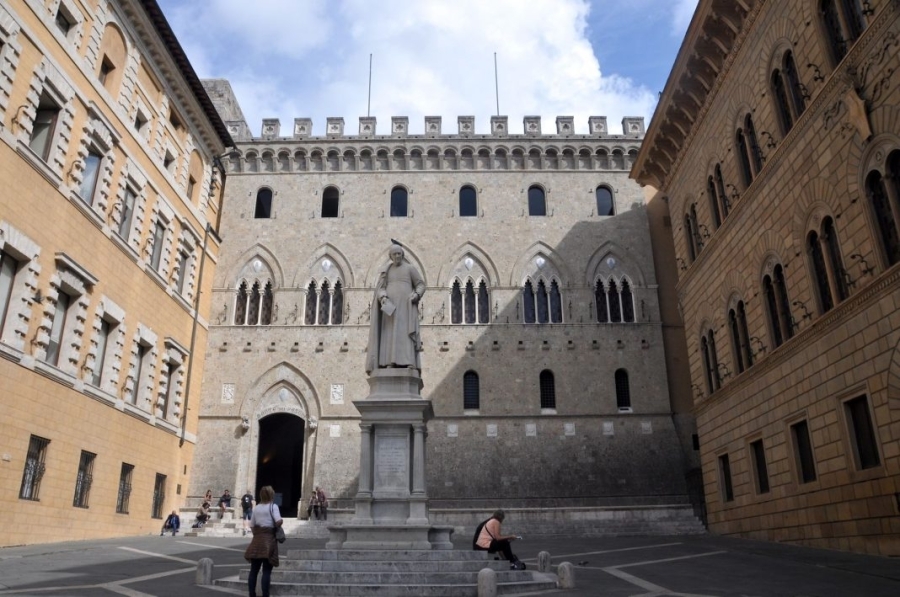The European Union is bent on making it harder for member states to prop up struggling banks with injections of taxpayer cash. On Tuesday, the European Commission, outlined proposals that would require banks to hold sufficient resources (notably, debt that can be written down to release cash in a crisis), so that taxpayer handouts can be avoided in future.
Mindful of how Italy came to the rescue of Monte dei Paschi di Siena six years ago and spurred on by the recent collapses in the United States of Silicon Valley Bank and Signature Bank plus last month’s forced takeover of Credit Suisse by UBS, the EU’s executive arm declared that its proposals would “enable authorities to organise the orderly market exit for a failing bank of any size and business model”.
The aim is to update rules introduced in the wake of the of 2007-09 global financial crisis that were designed to stop banks being “too-big-to-fail” and which left taxpayers exposed to carrying the burden. Currently, should a large bank fail within the bloc, the failure is dealt with by the Single Resolution Board. However, winding down the lower tier of lenders is subject to individual national practices, a remedy that can end up using taxpayer money.
The new proposals are intended to make it easier to apply standardised EU regulations to this lower tier of lenders rather than hold them accountable to a range of different national practices. Once approved, the measures will be applied on a case-by-case basis, according to EC Vice President Valdis Dombrovskis. The EC, he told reporters, does not expect all will be smooth sailing when it comes to debating the proposed measures. Europe’s wholesale financial markets
European Parliament Member Markus Ferber of Germany for one, insists that not every ailing small bank needs to go into resolution. Meanwhile, the Association for Financial Markets in Europe (AFME, which represents Europe’s wholesale financial markets, maintains that the use of deposit guarantee funds when closing or selling parts of a failed bank should not be allowed to prop up non-viable lenders.
The proposals would make it more difficult for governments to inject state aid into struggling banks, requiring that an exact date must be set for paying back the money or for selling the bank. No change is envisaged to the existing guarantee that protects bank accounts of up to 100,000 euros ($109,450).









